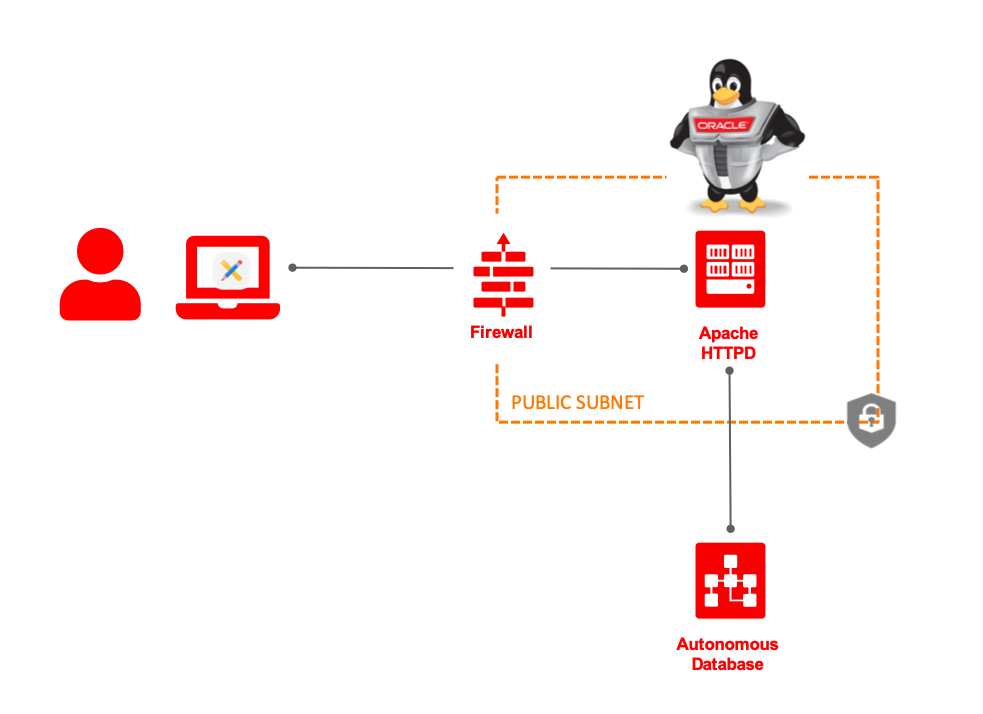That One Thing

Too good to be true? No, it's true!!!
After hearing the rumours for a few years now, Mr Larry Ellison finally announced the availablility of a Free Tier for the Oracle Cloud. The gift bundle includes two small compute instances and two Autonomous Databases. These offerings are a tiny fraction of what the Oracle Cloud provides, but are sufficient for Oracle Developers to maintain their own 24x7 development environments and possibly even production applications for small businesses and non-profit organisations.
Like everyone else in the Oracle Application Express (APEX) community, I wasted no time in getting my account provisioned and am currently working towards moving workspaces and applications from my old personal APEX instance, hosted on Linode.
To get started, simply click on this link and sign up. The process is similar to what I had earlier described in this post. You will need to decide on a tenant name and home region. The home region is where all Always Free resources will be created. Afterwhich, you will be asked to provide your cellphone number and credit card information for verification.

I am an APEX developer by trade, so setting up a working APEX instance was top on the list. The Autonomous Database comes with APEX included, so setting that up was an easy sequence of mouse clicks and keystrokes. For my main database, I went with an Automous Transaction Processing (ATP) database.
Unfortunately, on the backburner, is a convenient method for enabling "vanity URLs" that we are still waiting for Oracle to provide. Meanwhile, there are workarounds using a web server to proxy HTTP traffic, and so, to facilitate that, I also provisioned a compute instance and installed Docker. I intend to develop using other programming languages and so, running an Apache web server in a container made sense. Besides, running Certbot to manage Let's Encrypt certificates was much easier.
Ideally, I would situate the ATP in a private subnet, away from the prying eyes of the Internet, but it is a shared infrastructure and there are limitations. There are ways to restrict database connections through the use of access control lists, but it doesn't allow, for example, the database to access a REST API running on a second compute instance over a private network.
For the second set of Always Free resources, I intend to setup an Autonomous Datawarehouse (ADW) and a Jupyter Notebook instance for refreshing my knowledge on Machine Learning, stay tuned to hear more about that.
If you needed more guidance on creating these resources, please check out some of my previous posts on creating and accessing these resources:
Note that since publishing these posts, the Oracle Cloud Infrastructure console has changed somewhat.
